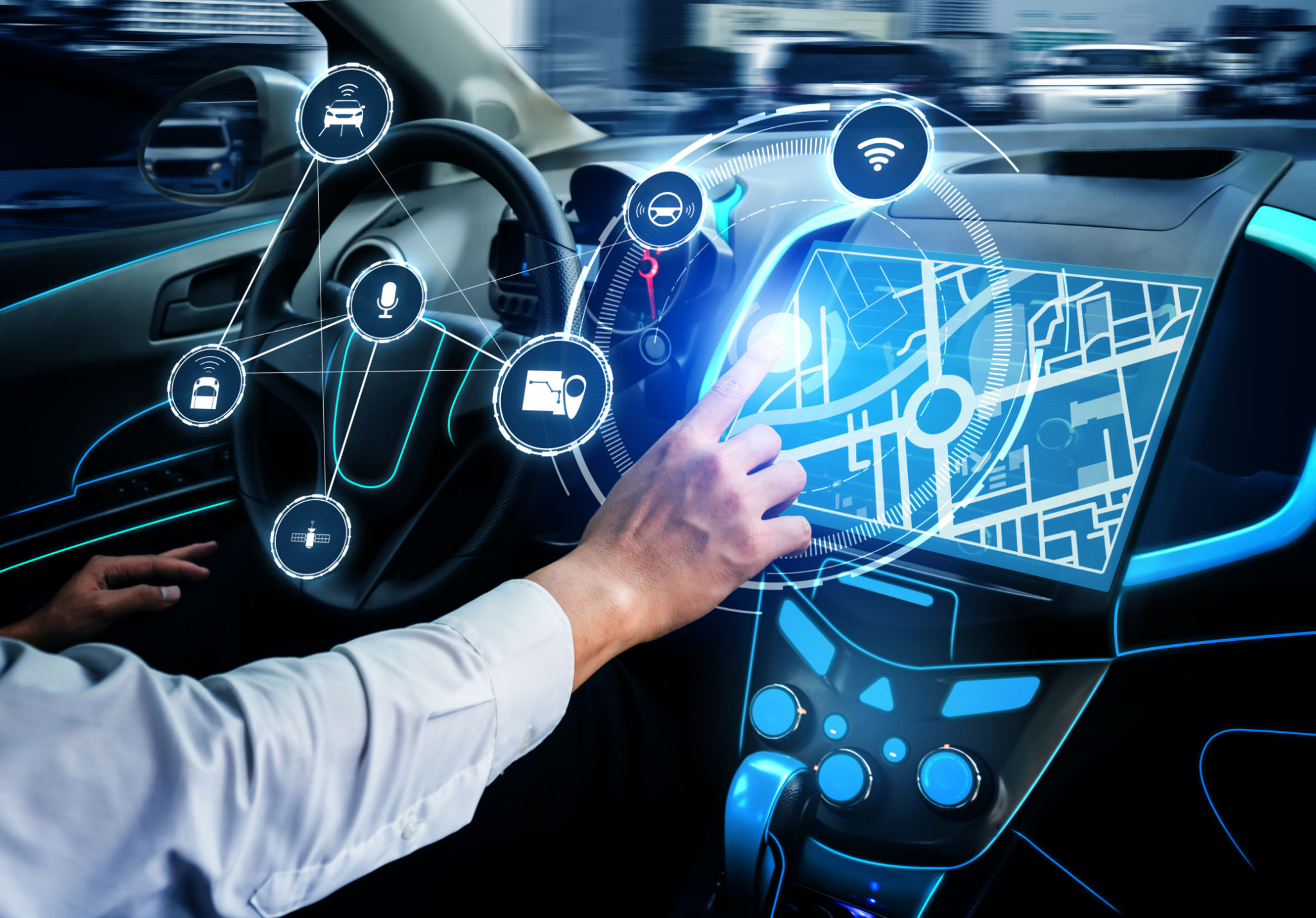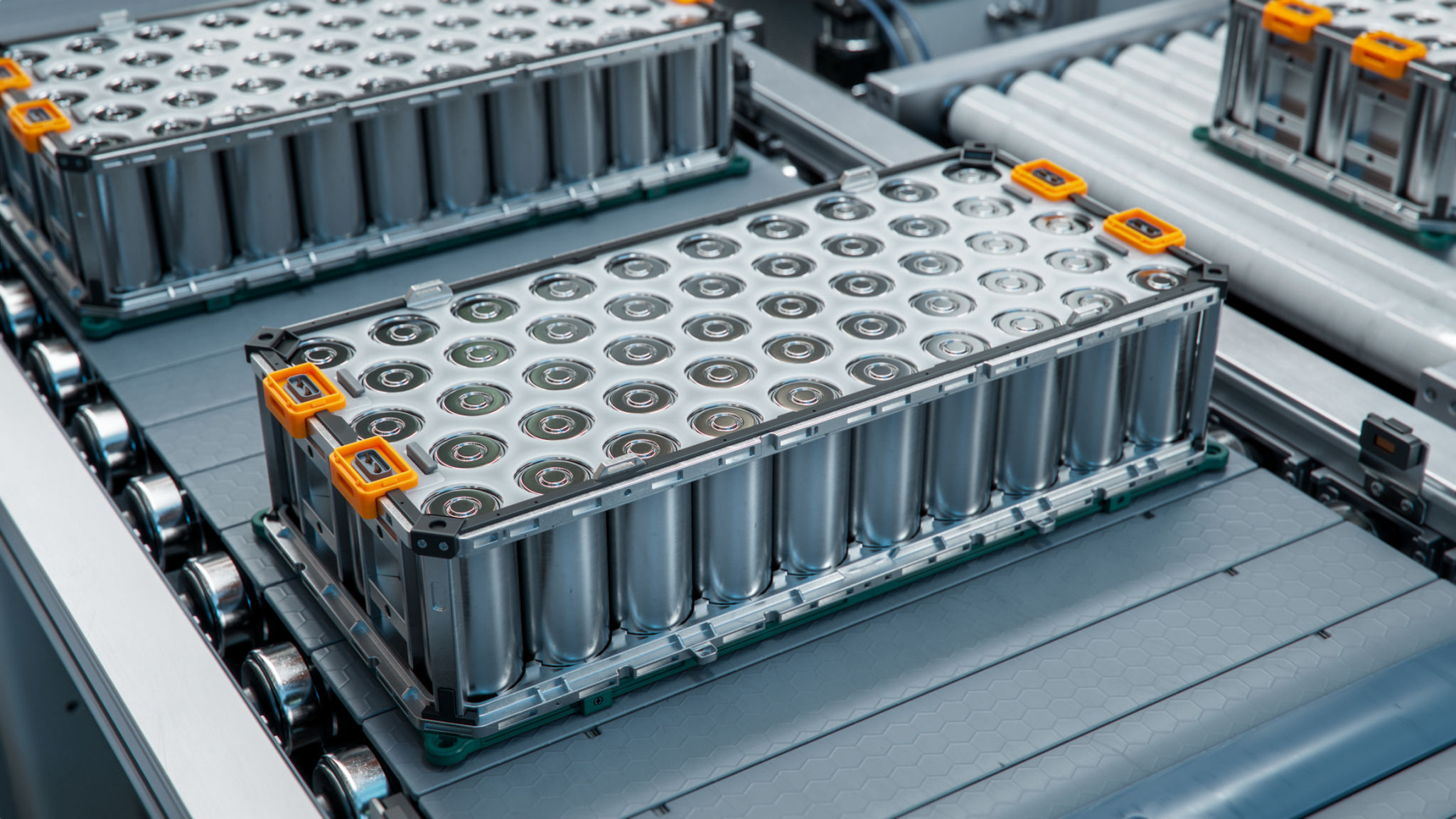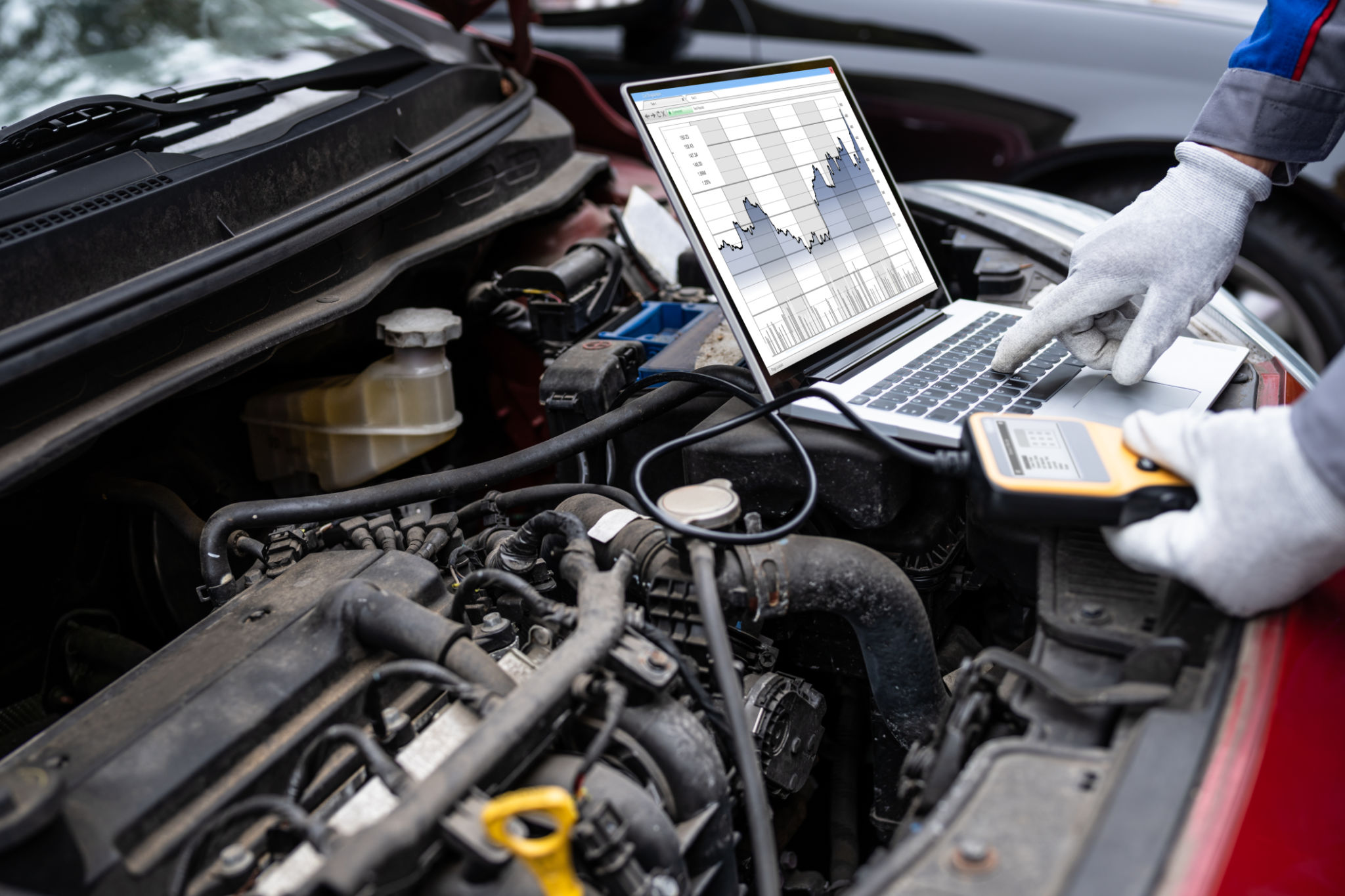Innovations in Auto Electrical Systems: What Drivers in Bristol Should Know
The Evolution of Auto Electrical Systems
In recent years, the landscape of auto electrical systems has seen remarkable advancements, transforming the way we drive and maintain vehicles. For drivers in Bristol, staying informed about these innovations is essential for enhancing vehicle performance and ensuring safety on the road. From electric vehicles to smart diagnostics, the evolution of auto electrical systems is reshaping the automotive industry.

The Rise of Electric Vehicles (EVs)
Electric vehicles are at the forefront of this revolution, offering a sustainable alternative to traditional petrol and diesel engines. With zero emissions and reduced noise pollution, EVs are becoming increasingly popular in cities like Bristol. Drivers should be aware of the distinct components in EVs, such as high-capacity batteries and electric motors, which require specialized maintenance and understanding.
Additionally, the charging infrastructure is rapidly expanding, providing more convenience for EV owners. It's crucial for drivers to familiarize themselves with the various charging options available, from public charging stations to home-installed units, ensuring they can keep their vehicles powered efficiently.
Advancements in Battery Technology
The heart of any electric vehicle is its battery, and recent innovations have significantly improved their efficiency and longevity. Lithium-ion batteries have become the standard due to their high energy density and reliability. However, research is ongoing into next-generation batteries that promise even greater performance.

For drivers, this means longer driving ranges and shorter charging times are on the horizon. It's important to keep up-to-date with these developments, as they can directly impact the cost and practicality of owning an EV in Bristol.
Smart Diagnostics and Predictive Maintenance
Modern vehicles are equipped with sophisticated diagnostic systems that can predict potential issues before they become serious problems. This innovation allows for predictive maintenance, helping drivers avoid unexpected breakdowns and costly repairs.
These systems utilize sensors and onboard computers to monitor various components of the vehicle. By analyzing this data, drivers can receive alerts about necessary maintenance tasks, ensuring their vehicles remain in optimal condition. This proactive approach is particularly beneficial for those driving in urban environments like Bristol, where vehicle reliability is crucial.

Integration of Advanced Driver Assistance Systems (ADAS)
Safety is a top priority for any driver, and the integration of Advanced Driver Assistance Systems (ADAS) has greatly enhanced road safety. Features such as adaptive cruise control, lane-keeping assist, and automatic emergency braking are becoming standard in many new vehicles.
These systems rely heavily on electrical components and software algorithms to function effectively. For drivers in Bristol, understanding how these systems work can improve driving habits and enhance overall safety. Moreover, staying informed about upcoming ADAS developments can help drivers make better purchasing decisions when considering a new vehicle.
The Impact of Connectivity on Driving Experience
The connectivity of modern vehicles has transformed the driving experience by integrating smartphones, navigation systems, and entertainment platforms. This connectivity enhances convenience but also introduces new considerations for cybersecurity and data privacy.

Drivers should be aware of how their vehicle's connectivity features operate and take steps to protect their personal information. Regular software updates from manufacturers are essential to ensure these systems remain secure from potential threats.
Conclusion
The innovations in auto electrical systems are setting the stage for a new era of driving. For drivers in Bristol, staying informed about these advancements not only ensures a safer and more efficient driving experience but also prepares them for the inevitable shift towards more sustainable and connected vehicles. Embracing these changes will be key to navigating the future of transportation successfully.